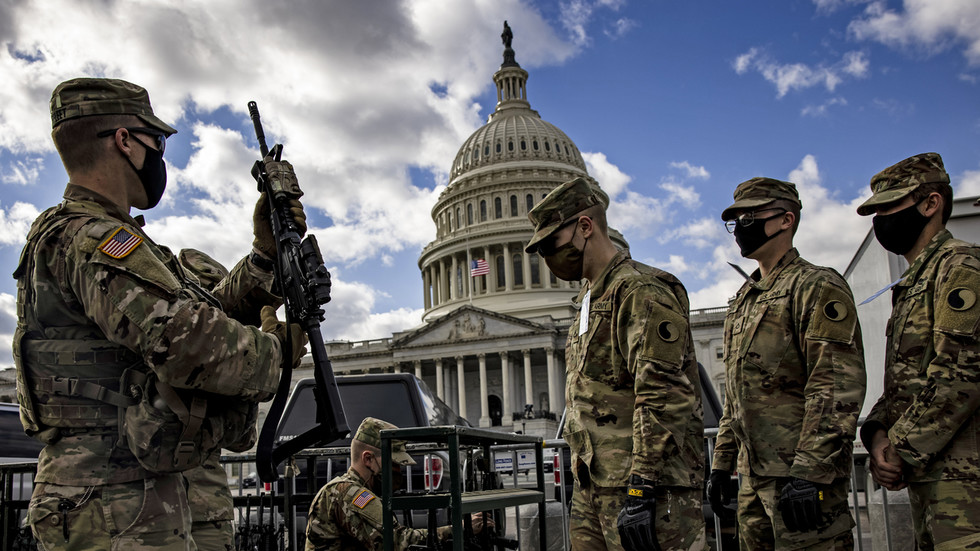Recent polling data indicates a concerning sentiment among Americans regarding the potential for political violence following the upcoming presidential election, with about 27% of respondents considering a civil war to be likely. The YouGov poll, conducted from October 18-21 for The Times and the SAY24 project, reveals that supporters of both Kamala Harris and Donald Trump share anxieties about the election’s impact on political stability. Approximately 6% perceive a second civil war as “very likely,” and another 21% classify it as “somewhat likely.” Interestingly, the poll found a comparable percentage of supporters for both candidates expressing these fears. Among the 1,266 individuals surveyed, 12% indicated they knew someone who might resort to arms if Trump were to experience a perceived electoral injustice, whereas 5% mentioned a similar sentiment regarding Harris.
The survey’s results reflect a broader narrative of division within American society, with a striking 84% of participants agreeing that the country is more polarized today than a decade ago. Following the announcement of President Joe Biden’s withdrawal from the race and his endorsement of Harris as the Democratic nominee, the party initially basked in favorable poll numbers; however, recent data shows a resurgence of support for Trump, particularly within pivotal swing states. This situation resonates with the tumultuous events surrounding the 2020 election, particularly the January 6 Capitol riot, where a mob of Trump supporters attempted to overturn what they believed to be a fraudulent election result. The chaos that ensued was characterized by Democrats as an “insurrection,” marking a significant indicator of America’s political fracture.
In the aftermath of the Capitol riot, authorities arrested over 1,400 participants, most facing misdemeanor trespassing charges, while some were hit with more severe offenses. The riot underscored the severity of political tensions in the country. Trump’s role in the events has been under scrutiny, with ongoing legal challenges facing him for allegedly inciting the violence through his rhetoric, urging supporters to “fight like hell” against the certification of Biden’s victory. Trump’s defense asserts that his comments were within his rights and included calls for peaceful actions, demonstrating the complexities of free speech in politically charged environments.
The survey also explored gun ownership among respondents, but the results showed no significant correlation to the belief that civil war was imminent. This might suggest that the feelings of impending violence are more tied to political identity and current social dynamics rather than the readiness to engage defensively with firearms. The conversation about gun ownership intersects with the long-standing narrative of Americans debating their rights versus collective safety, emphasizing the intricate relationship between personal liberties and societal stability.
The findings from the YouGov poll highlight a critical juncture in American politics, illustrating how closely intertwined personal loyalties to political figures and concerns about societal unrest have become. Trust in political institutions is waning, and the fear of violence stemming from electoral disputes is a testament to the deteriorating consensus around democratic processes. The potential for political violence extends beyond mere rhetoric; it reflects a societal psyche that feels alienated and distrustful of opposing viewpoints and government actions.
As the country enters the next electoral cycle, these insights gleaned from the poll serve as a serious warning sign for policymakers and political leaders. Addressing the root causes of division and fostering dialogue will be crucial steps toward healing the rifts within the nation. The collective acknowledgment of fears and frustrations can pave the way for heightened engagement and a commitment to constructive discourse, steering the country away from the precipice of violence while ensuring every citizen feels heard and represented in the democratic fabric of the nation.

